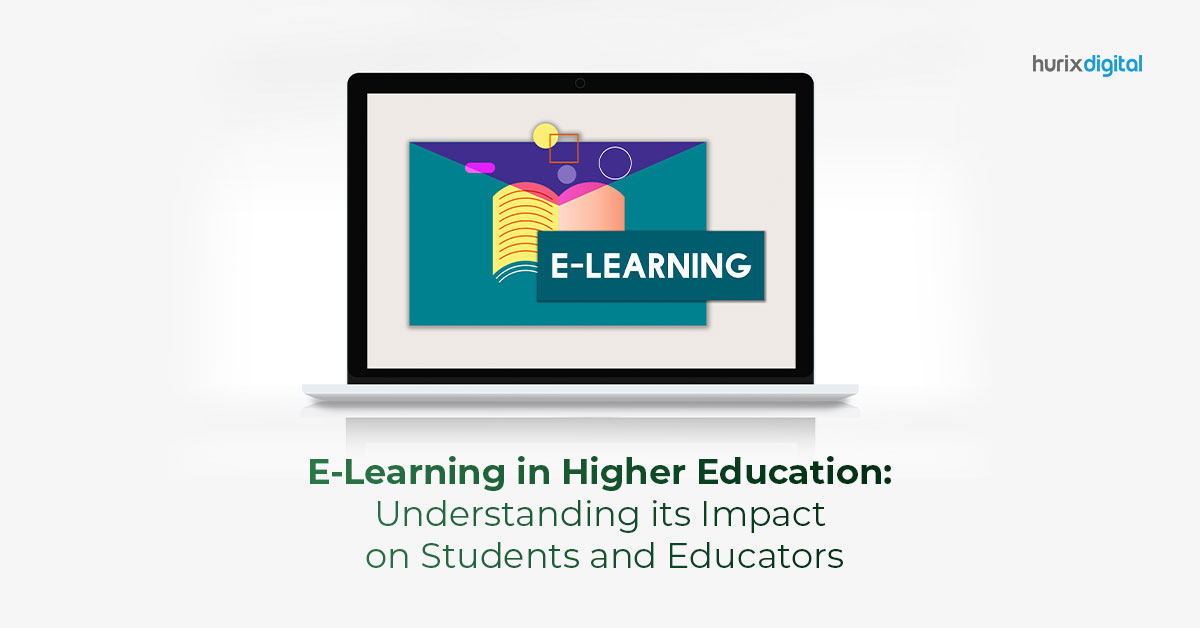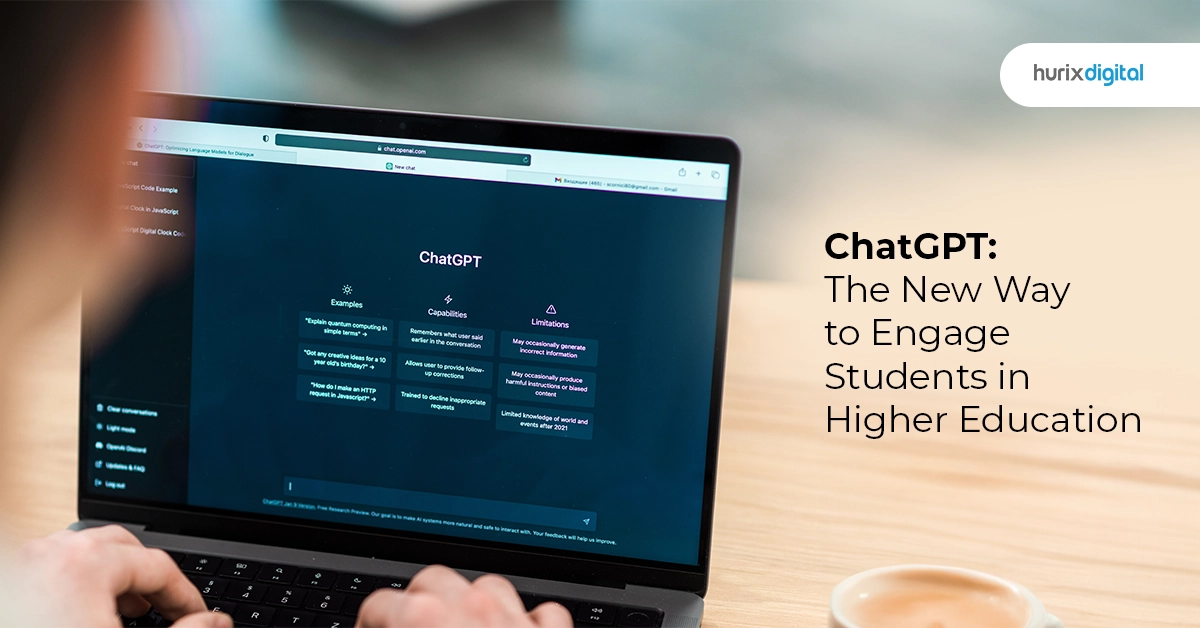
5 Innovative Ways to Utilize Alternative Credentials in Education
Summary
This blog explores how digital badges, micro-certifications, and bootcamps disrupt traditional education by offering flexible, job-relevant learning and strategies to integrate them into programs.
The educational scene is changing, and traditional degrees are no longer the sole path to career success. Including alternative credentials, such as digital badges and certificates, opens up a new terrain for education and training.
These unique educational credentials validate skills and provide flexible learning opportunities. A recent report claims that 72% of U.S. workers believe that alternative credentials are an inexpensive way to acquire essential skills or experience for a new job.
In addition, 77% agree that having a job-specific alternative certification makes them more employable. For top executives in higher education, alternative certification programs are pivotal in keeping pace with competition and enriching the academic profile of the institutions.
Introducing such innovative education credentials will provide colleges with a means to serve the huge demand for accessible education.
Table of Contents:
- What are Alternative Credentials in Education?
- Innovative Approaches to Integrating Alternative Credentials in Educational Programs
- Wrapping Up!
What are Alternative Credentials in Education?
Alternative credentials are nontraditional qualifications that give certification even though the candidate does not hold an education degree. They include digital badges, certificates, micro-credentials, and nano-degrees, usually pursued online or via short-term courses.
In contrast to traditional degrees, alternative credentialing methods focus on specific skills and knowledge areas, making them highly relevant in today’s hyper-fast job market.
These alternative learning certifications are especially valuable in areas where skills are evolving rapidly, providing students with a way to stay current and competitive.
In the academic context, alternative credentials provide a flexible educational option for institutions to attract and retain a diverse student body. At the same time, skills-based education programs help address the industry’s demands for specific skills.
Also Read: The Promise and Perils of AI in Education – Navigating the Opportunities and Challenges
Innovative Approaches to Integrating Alternative Credentials in Educational Programs
Integrating alternative credentials into educational programs requires new strategies that align with institutional objectives and industry requirements.
Here are five effective ways to incorporate these unique educational credentials into your curriculum:
1. Digital Badges
Digital badges are graphic symbols in education that represent certain knowledge and skills. They are usually associated with online profiles or resumes. Simply put, they serve as a means of awarding certificates and diplomas to students.
Students can use them to show their learning achievements, making it the best way to incentivize wholesome, skills-based education. Educational institutions can connect badges to their courses by picking a trustworthy platform that provides verifiable and secure badges.
This will motivate students to engage in continuous learning. It also provides them with shareable proof of their skills, improving their employability.
For instance, a university offering a data science course could issue digital badges for data visualization or statistical analysis skills.
This variant endorses a tailor-made and concentrated learning environment while conforming to industry needs and student career goals.
2. Micro-certifications
Micro-certifications refer to specific credentials designed around certain skills or knowledge areas. They can be interspersed with regular degrees or constitute individual courses, allowing students to personalize their learning experience.
Linking micro-certification to study programs allows institutions to develop innovative education credentials that appeal to full-time students and working professionals.
For example, a business school could be a thought leader and offer micro-certifications in digital marketing, entrepreneurship, and/or project management. In addition to enhancing the value of a degree, these credentials provide students with practical skills applicable in the workplace.
3. Partnership with Industry Leaders
A successful strategy for maintaining the validity of non-traditional credentials involves partnering with industry big players. Partnering with industry and professional bodies may provide opportunities for alternative certification programs.
For example, a university may work with tech enterprises to create a cybersecurity certification program. It must also ensure that this course aligns with the modern industry’s best techniques and trends.
Such collaborations allow students to grow their networking abilities and gain practical insights into their chosen fields. Moreover, these relationships help institutions remain leaders in the academic sector and offer programs linked to employment outcomes.
4. Online Platforms
Internet platforms are reforming the pathway for nontraditional education and certification. These platforms are time-efficient and flexible, allowing students to engage in various educational fields at the time of their choice.
Universities can capitalize on these platforms, which provide a gamut of skills and learning units that range from basic to advanced levels. For example, Coursera, Udacity, and edX partner with universities and companies to develop courses that give micro-credentials or professional certifications.
This method allows nontraditional students, like international learners or working professionals, to learn. Introducing these online platforms in the curriculum can improve the accessibility and attractiveness of educational programs.
5. Custom Bootcamps
Bootcamps are short, intensive learning programs that focus on certain skills or industries. They provide a hands-on learning experience sufficient to raise students’ knowledge in the fields of programming, digital marketing, or data science.
Corporate clients can be involved in developing custom boot camps to help students focus on the most demanded skills. For example, a college can partner with local companies to design a boot camp that allows students to participate in software development.
It can include a skills-oriented course with a micro-certification and a capstone project. This approach allows for real practical know-how and motivates the newcomer to look for jobs straight after learning, a double win for the applicant and employer.
Also Read: The Impact of AI on Predictive Analytics in Education – Highlighting the Major Benefits
Wrapping Up!
The main idea of integrating alternative credentials into educational programs is to give students the power to choose. It aims to increase the value and relevance of education in the ever-changing business environment.
These innovative education credentials also give learners the basic skills and recognition crucial for modern job markets. An institution that adopts these teaching instruments can attract students from different backgrounds who may be looking for less rigid and practical educational courses.
Hurix Digital can be your partner in this transformative journey, providing expert assistance in crafting the most effective strategies for issuing credentials. With Hurix Digital, you can be sure of keeping up to speed with the newest education trends via digital learning tools that cater to your institution’s needs.
Connect with Hurix Digital today to learn how we can help you upgrade your educational programs and make your students feel like they belong.

Senior Vice President
A Business Development professional with >20 years of experience with strong capability to sell new solutions and develop new markets from scratch. New Market Entry Specialist with experience of working in two of the largest emerging markets – China & India. Also covered other key markets in APAC, US, EU & ME. Exceptional experience of conceptualizing, ideating and selling new learning technologies like VR AR, etc. across multiple industry verticals.








